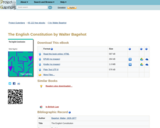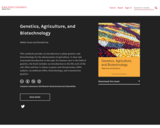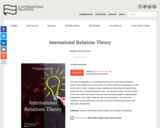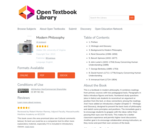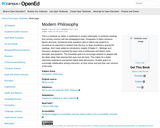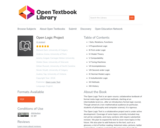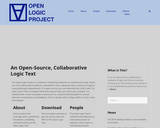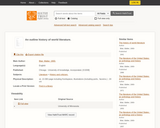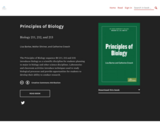
Short Description:
This book provides an introduction to the genetic concepts of reproductive systems, recombination, mutation, segregation and linkage analysis, inbreeding, quantitative inheritance, fertility regulation, population genetics and polyploidy.
Long Description:
This book provides an introduction to the genetic concepts of reproductive systems, recombination, mutation, segregation and linkage analysis, inbreeding, quantitative inheritance, fertility regulation, population genetics and polyploidy.
Word Count: 61452
(Note: This resource's metadata has been created automatically by reformatting and/or combining the information that the author initially provided as part of a bulk import process.)
- Subject:
- Agriculture
- Career and Technical Education
- Genetics
- Life Science
- Material Type:
- Textbook
- Unit of Study
- Provider:
- Iowa State University
- Author:
- Arden Campbell
- Deborah Muenchrath
- Jode Edwards
- Kendall Lamkey
- Kendra Meade
- Laura Merrick
- Shui-zhang Fei
- Walter Suza
- Date Added:
- 06/28/2023
